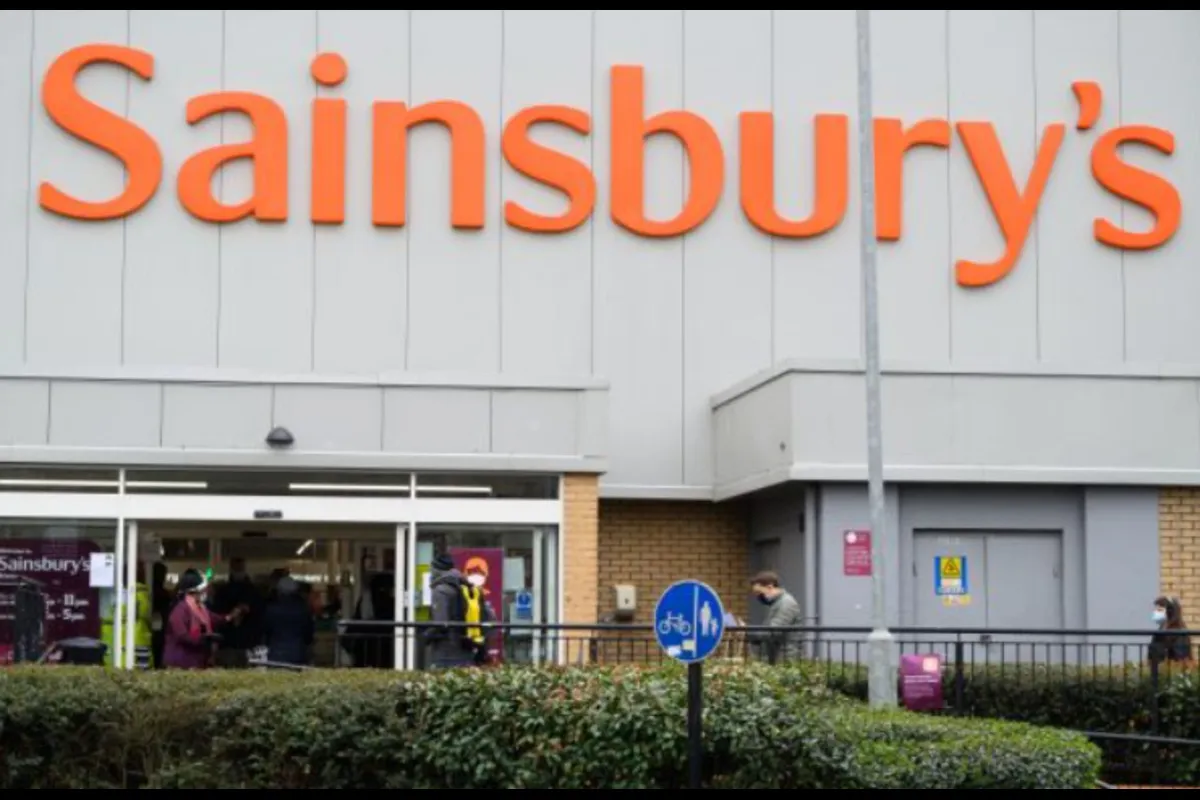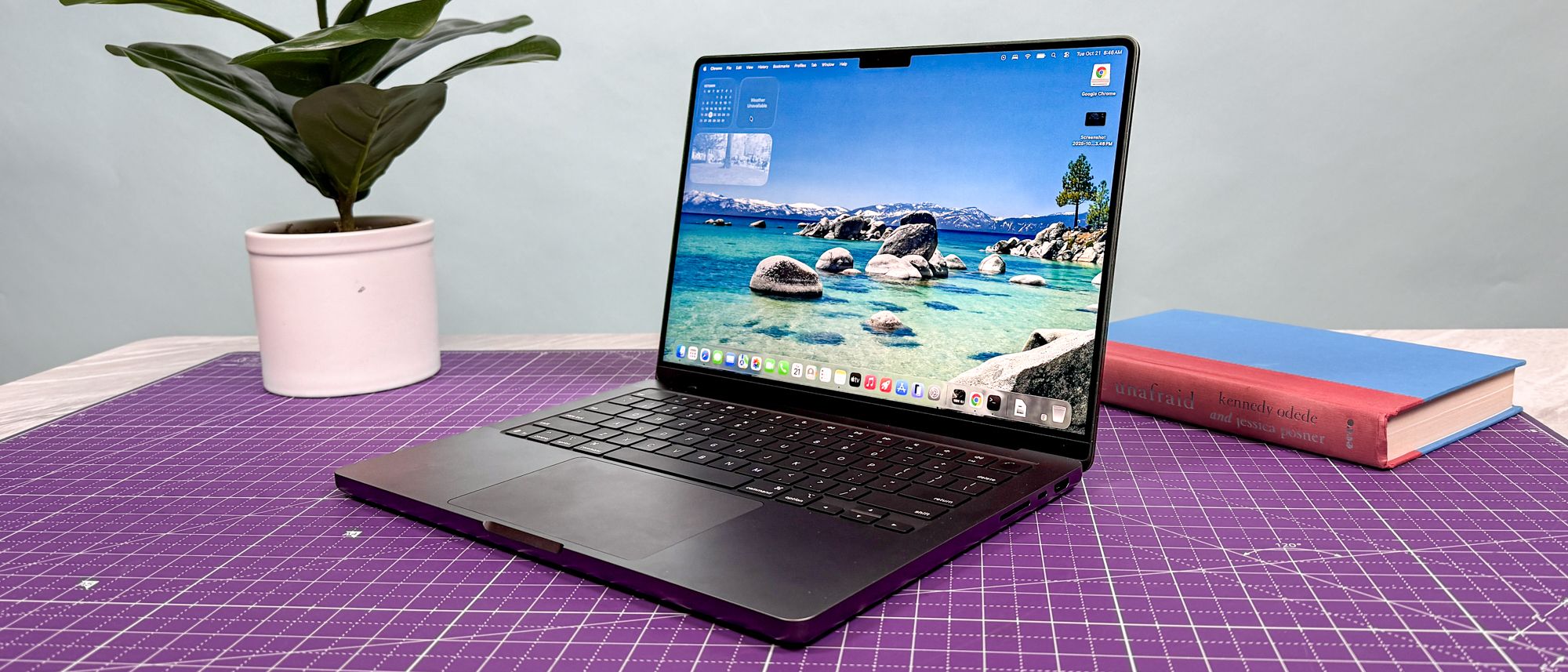Copyright cityam

Britain’s largest supermarkets have called on Rachel Reeves to exclude all shops from upcoming changes to to business rates, warning that any hikes to their input costs would further stoke food inflation that is already at over double the Bank of England’s target. In an open letter to the Chancellor, bosses from the UK’s nine largest supermarkets sounded the alarm on the “disproportionate tax burden” that retailers face, adding that without an exemption from the business rates overhaul, shoppers will continue to see large price rises into next year. “Given the costs currently falling on the industry, including from the last Budget, high food inflation is likely to persist into 2026,” the executives wrote. “This is not something that we would want to see prolonged by any measure in the Budget. Large retail premises are a tiny proportion of all stores, yet account for a third of retail’s total business rates bill meaning another significant rise could push food inflation even higher.” The government’s £25bn payroll tax raid and above-inflation hike to national insurance have combined with several ingredient shortages to make food inflation come in at more than double the Bank’s two per cent target for several months. The introduction of a new tax on packaging – known as the Extended Producer Responsibility levy – has compounded input cost rises for the sector, which the British Retail Consortium (BRC) has estimated to have cost retailers £7bn this year. And despite food price rises tailing off from highs of more than five per cent in official data last week, the International Monetary Fund has forecast the UK to have the highest overall inflation of any major economy next year. Reeves expected to avoid inflationary tax hikes The Treasury is widely expected to avoid pursuing any of the inflationary tax rises at next month’s Budget – like VAT or a repeat of its employer national insurance grab – to avoid stoking further price rises for consumers. But they are likely to follow through on a long-planned overhaul to business rates – the equivalent of council tax paid to cash-strapped local authorities by corporations – which economists have said would push up on prices by adding to businesses’ costs. Under the plans, which are due to come into force in April next year, small retailers and hospitality businesses will benefit from a lower tax rate to ease the burden on independent high-street firms. But to make up for the fiscal shortfall, larger bricks-and-mortar retailers whose sites are worth more than £500,000 will face higher bills in what will be known as the business rates surtax. In the letter organised by the BRC, bosses from the likes of Tesco, Lidl and Morrisons warned that without a similar carve out for supermarkets to the one given to small businesses, prices at the till will only rise faster next year. “While we are pleased the government is committed to supporting smaller retail properties – it is equally important that large shops are excluded from the proposed business rates surtax for premises with a rateable value of £500,000 or above,” wrote the signatories, which also included the chief executives of Sainsbury’s, Aldi and Iceland, and other bosses from Waitrose and Marks & Spencer. “It is these premises that support hundreds of thousands of jobs, provide valuable services that may not be otherwise accessible to local communities and drive footfall to nearby smaller businesses.” Pre-Budget lobbying ramps up The letter is the latest evidence of a growing nervousness among UK plc in the run-up to the Chancellor’s second major fiscal event, where she is expected to have to plug a shortfall of roughly £30bn to meet her fiscal rules. Reeves has heavily hinted that the Treasury will target earnings made by highly profitable bookmakers and online casinos, which several gambling bosses have warned will lead to a string of shop closures and redundancies. The spectre of a windfall tax on bank profits has also been mooted, which Charlie Nunn, the chief executive of Lloyds, has said would harm the amount of loans lenders approve for households and businesses. Meanwhile others from the retail industry are concerned that any attempt to fill up Treasury coffers via a rumoured hike to the basic rate of income tax, will dampen consumer confidence at time when it is already fragile. Roy Horgan, the UK and Ireland chief executive of the Paris-listed retail-tech giant Vusion, told City AM that retailers were “very in tune” with customer sentiment going into 26 November. “They’re very concerned that any policies that hurts the consumer further will have an impact,” he said. “They’ll reduce their spend and consumption again, and it’s a self-fulfilling prophesy.” Helen Dickinson, the chief executive of the BRC said: “Supermarkets are doing everything possible to keep food prices affordable, but it’s an uphill battle, with over £7bn in additional costs in 2025 alone. From higher National Insurance contributions to new packaging taxes, the financial strain on the industry is immense.” A spokesman for the Treasury said: “Tackling food inflation is a priority, which is why we’re boosting incomes through increasing the National Living Wage, lowering business rates for butchers, bakers and other shops, and sticking to our fiscal rules to bring inflation down.”



